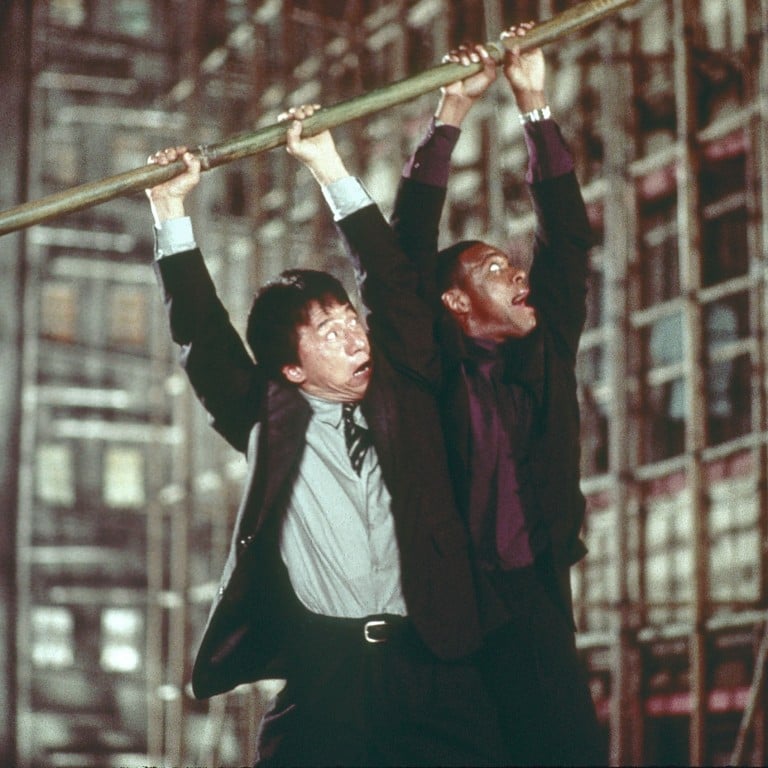
Why Jackie Chan ‘didn’t like’ Hong Kong-set Rush Hour 2 and why, with its crude stereotypes, sexism and Chris Tucker’s bad Cantonese, he was justified
- Rush Hour 2 made millions at the box office upon its release in 2001, with Jackie Chan and Chris Tucker’s on-screen chemistry widely praised. But Chan hated it
- The actor felt his character’s bad English was an issue, but looking back, the film’s crude stereotyping, and objectification of women, are far more troubling
When Rush Hour was released in 1998, it was just possible to discern the slightest whiff of cynicism.
Although the genre had felt stale for years, Rush Hour made US$244 million worldwide, with the pair’s chemistry winning over the critics – or, at least, some of them.
“I didn’t like the movie. I still don’t like the movie,” Chan told the Los Angeles Times. “I don’t like the way I speak English, and I don’t know what Chris Tucker is saying.”
Confusing or not, the movie’s success meant that Rush Hour 2 (2001), also directed by Ratner, was a no-brainer.
“I make the movie and I tell my manager, ‘See? I should never make this kind of movie!’” Chan told Crosswalk magazine.
“Then I go to Asia to make an Asian film, and they call me and say, ‘Jackie, big hit! It’s a success!’ I say, ‘What?’ Then I make Rush Hour 2 and I hate it. Worse than Rush Hour 1!”
How Johnny English Reborn sent Sino-British relations back to 1997
As genre conventions dictate, the sequel sees Detective James Carter (Tucker) and Chief Inspector Lee (Chan) reunited in Hong Kong and is, indeed, worse than Rush Hour 1.
In case viewers were in any doubt as to the location, the film starts with a sweeping helicopter shot over The Peak; the “2” in Rush Hour 2 is shaped like a dragon; and there are numerous tourist-friendly clips of the Lantau Big Buddha, junks in the harbour and trams in Wan Chai.
The plot involves an international money-laundering operation and lots of opportunities for pratfalls and comedic misunderstanding.
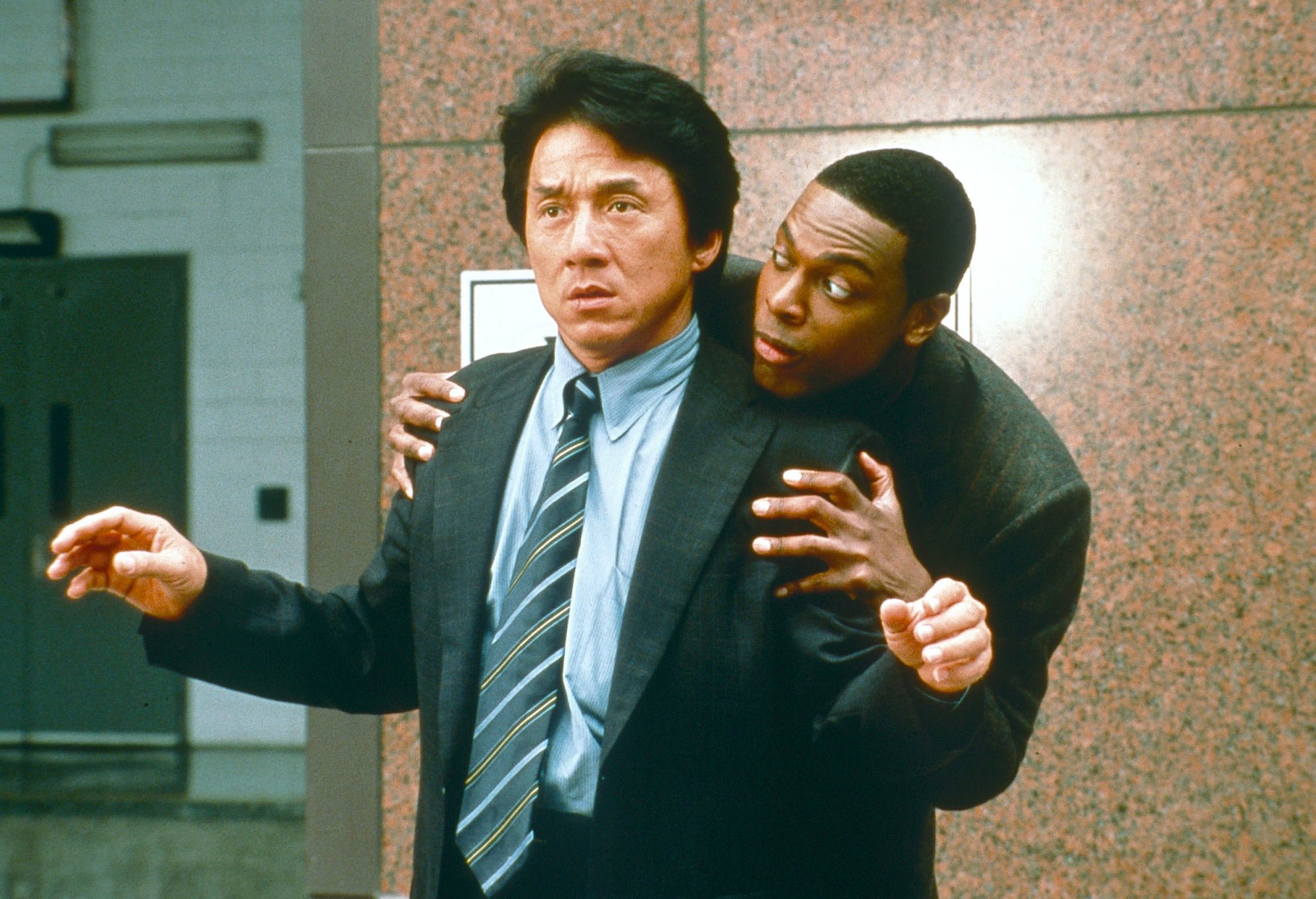
We first meet Carter and Lee singing along to The Beach Boys’ “California Girls” in the car while trying to pick up women, a pursuit for which Carter has attempted to learn Cantonese.
Unfortunately, instead of inviting them out, he mistakenly asks them to “get naked and sacrifice a small goat”, a running joke that gets less amusing as it goes on.
Jeff Nathanson’s script trades in lazy Hong Kong stereotypes – all cheap tailors and chicken torture. There’s a taxi driver who pretends not to understand English until Carter waves some money in his face, and jokes about eating dogs.
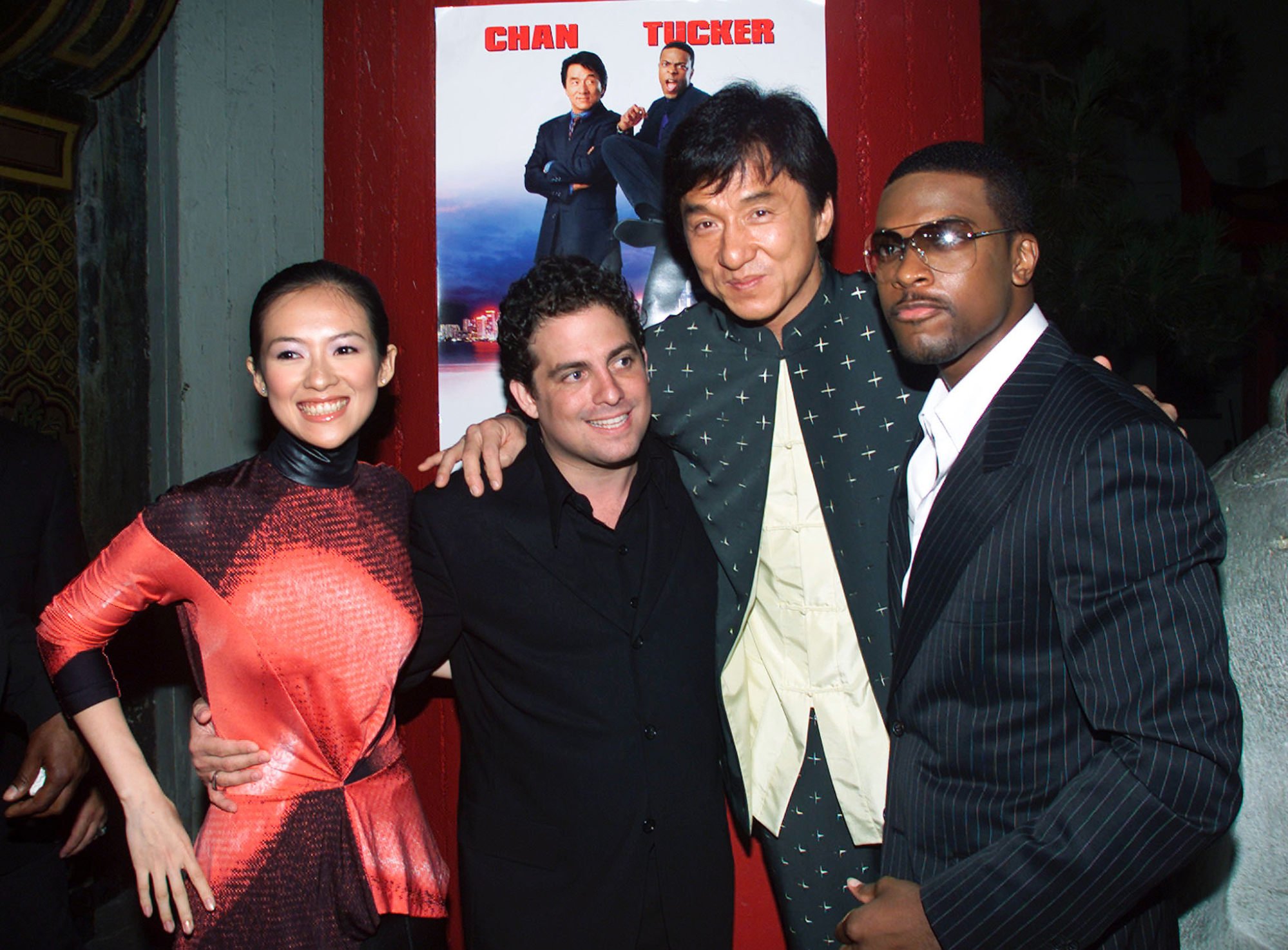
Even the interplay between the two characters, presumably at least partly improvised, trades in low blows.
During a punch-up in a massage parlour, one of the few action scenes that reaches Chan’s usual level of athletic invention, Carter accidentally punches him because, he claims, all Chinese people look alike.
This dynamic soon bubbles over into outright racism. “I will slap you so hard you end up in the Ming dynasty,” Carter tells Lee. “I’ll bitch-slap you back to Bangkok.” This is desperate stuff, but at least the joke’s on Carter for not knowing that Bangkok is in Thailand.
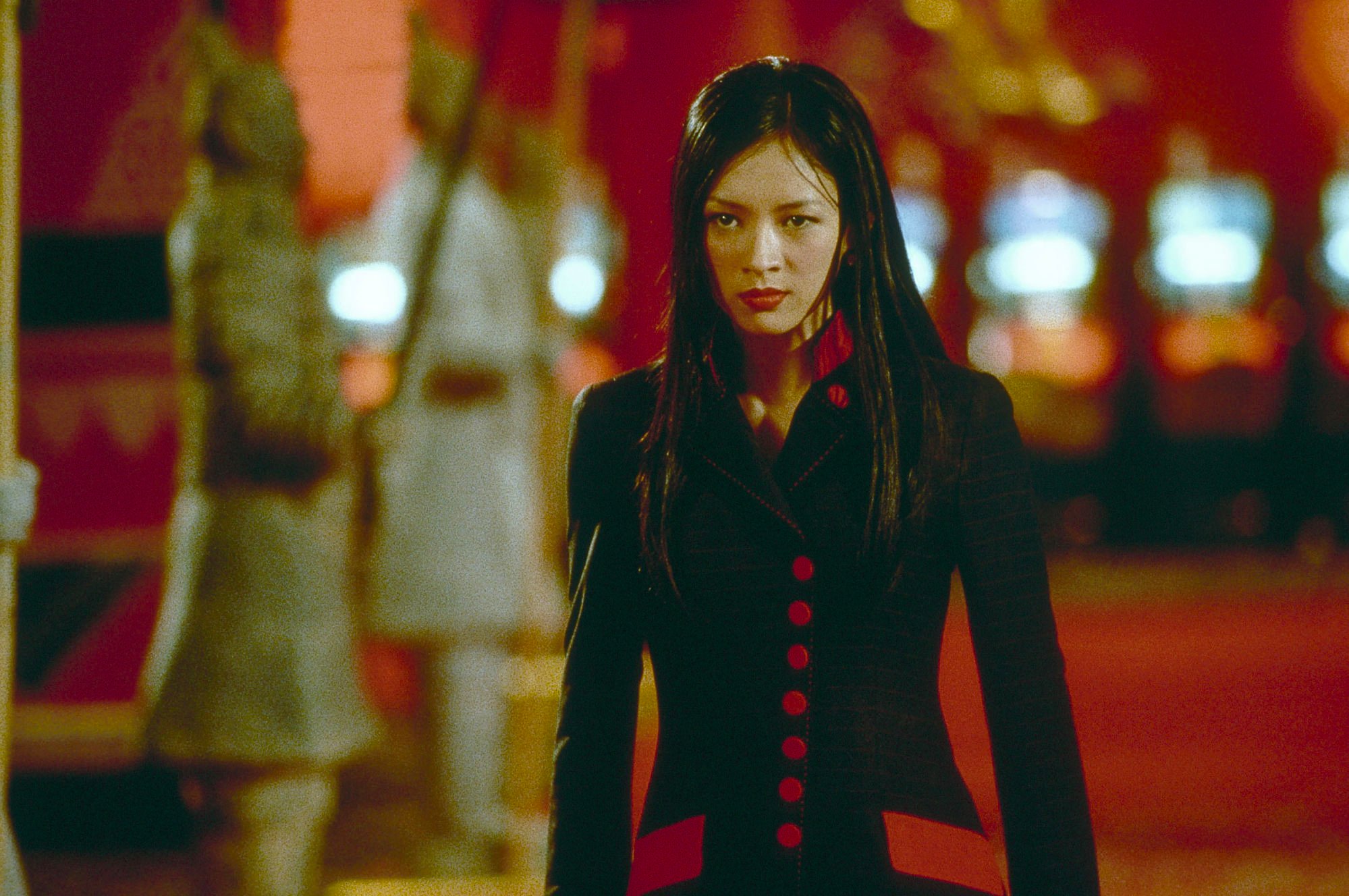
Later, when Lee responds, “I’ll bitch-slap you back to Africa,” there’s no such get-out clause.
Post #MeToo it’s hard not to connect this back to the accusations of sexual misconduct levelled at director Ratner in a 2017 Los Angeles Times article, which he “vehemently disputes”.
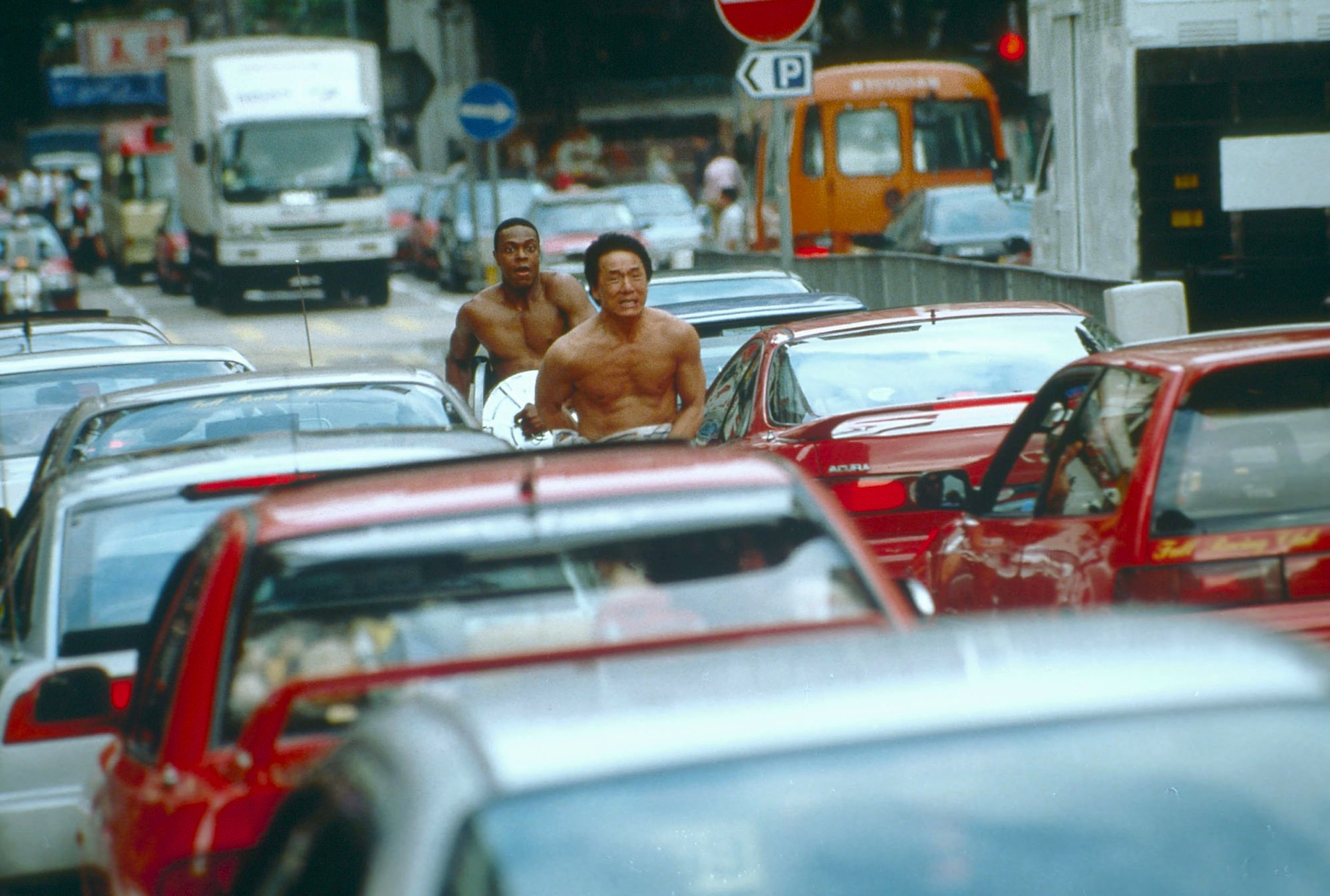
Ultimately, it’s cynicism that wins the day. This is a film that never takes itself seriously – never takes anything seriously – so it’s hardly surprising when the closing blooper reel reveals Tucker answering his phone during a take.
Even with such indifference from its stars, the film made US$347 million at the global box office, almost a third more than the original, meaning a second sequel – 2007’s awful Rush Hour 3 – was on the cards, whether Chan liked it or not.
“I will continue to find different partners,” he said, “maybe children or even a dog or a monkey, because in the American market, I need somebody’s help.”

